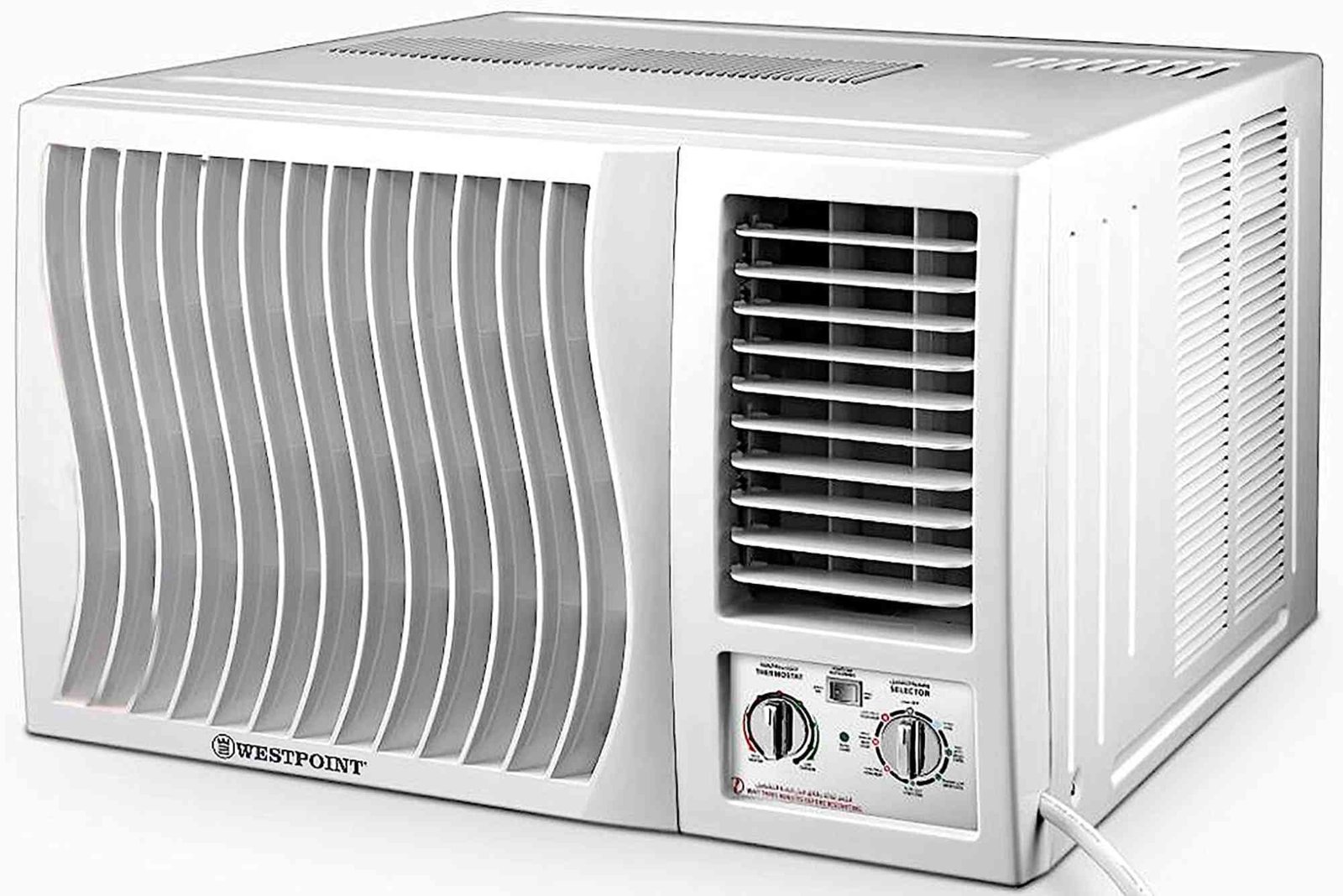There are several reasons why homeowners decide to sell their properties. Some common motivations include upgrading to a larger home, downsizing after children move out, relocating for work, or resolving financial challenges. Understanding your reason for selling helps in making informed decisions throughout the process. Timing is also crucial; monitoring the housing market, interest rates, and local demand will ensure you sell at the right time for maximum returns.
Aside from practical reasons, emotional factors can also come into play. Moving from a home filled with memories can be challenging, but focusing on the new opportunities can help you make the transition smoother.
Steps to Selling a House
Selling a house involves several critical steps, from preparation to closing the deal. Here’s a breakdown of the typical process:
Preparing Your Home
Before listing your house, it’s important to make it presentable. This means decluttering, cleaning, and completing any necessary repairs. Small changes, like a fresh coat of paint or fixing a leaky faucet, can make a big difference in how your home appears to potential buyers. Staging, or arranging furniture and decor to show off the house’s best features, can also help buyers envision themselves in the space.
Setting the Right Price
Pricing your home correctly is one of the most important aspects of the selling process. Overpricing can deter potential buyers, while underpricing might lead to leaving money on the table. Real estate agents can provide a comparative market analysis (CMA) to help you determine a fair price based on local market trends and recent sales in the area.
Marketing Your Home
Once your home is ready and priced, it’s time to market it. You can either hire a real estate agent or sell it yourself (FSBO). Professional photography, online listings, and open houses are common marketing tactics to attract buyers. Listing your home on popular real estate platforms can increase visibility, while hiring a professional photographer can make your home stand out.
Negotiating Offers

When offers come in, you’ll need to review them carefully. Consider not only the price but also contingencies, such as financing, inspection, and closing timelines. Negotiating the terms of the sale is a key part of ensuring you get the best deal possible. A real estate agent can help guide this process.
Closing the Deal
The final step in selling your home is the closing process. This involves the buyer conducting a home inspection and appraisal, signing paperwork, and transferring ownership. Your real estate agent or attorney will help you ensure all documents are in order before the sale is finalized.
Working with a Real Estate Agent
Many homeowners choose to work with a real estate agent to streamline the selling process. Agents bring valuable expertise, helping with pricing, marketing, and negotiations. They also have access to a wide network of potential buyers. When selecting an agent, it’s important to interview multiple candidates, check their credentials, and read reviews or ask for referrals.
While agents typically charge a commission (usually 5-6% of the sale price), their knowledge and experience can often lead to a quicker sale at a higher price.
Selling a House Without an Agent (FSBO)
If you prefer to avoid paying agent commissions, you can sell your house on your own (FSBO). However, FSBO requires more time and effort since you’ll need to handle all aspects of the sale yourself, including marketing, negotiations, and legal paperwork. It’s important to research local regulations, understand your obligations for disclosures, and be prepared to handle inquiries from potential buyers. FSBO can save you money, but it also comes with the challenge of navigating the complexities of a real estate transaction on your own.
Costs Involved in Selling a House
Selling a house comes with several costs that homeowners should be aware of. Common expenses include:
- Real Estate Agent Commissions: If you hire an agent, you’ll typically pay a commission of 5-6% of the sale price.
- Closing Costs: These fees include title insurance, recording fees, and transfer taxes, which can add up to 2-5% of the sale price.
- Repairs and Renovations: If your home needs significant repairs or upgrades, you’ll need to budget for these costs. However, even small investments in improving curb appeal or updating outdated features can boost your home’s value.
- Moving Costs: Don’t forget to budget for moving expenses, including transportation, storage, and possibly professional movers.
Tax Implications of Selling a House
When you sell a house, there are potential tax implications to consider. Homeowners may need to pay capital gains tax on the profit from the sale. However, you may qualify for an exemption if the home was your primary residence and you meet certain criteria. For instance, if you’ve lived in the house for at least two of the last five years, you can exclude up to $250,000 in gains (or $500,000 for married couples).
Property taxes are another consideration, as they are typically prorated at closing based on the amount of time you’ve lived in the house during the year.
How to Increase Your Home’s Value Before Selling
To maximize your home’s value before selling, consider making targeted upgrades. Some cost-effective improvements include:
- Kitchen and Bathroom Remodels: Even small updates, like new appliances or fresh countertops, can make a big difference.
- Curb Appeal: First impressions matter, so investing in landscaping or a fresh coat of exterior paint can attract more buyers.
- Energy Efficiency: Upgrading to energy-efficient windows, insulation, or HVAC systems can be a selling point for environmentally conscious buyers.
Selling in Different Markets: Buyer’s Market vs. Seller’s Market
It’s important to understand the type of market you’re selling in. In a buyer’s market, where there are more houses for sale than buyers, sellers need to be more flexible with pricing and negotiation strategies. In contrast, a seller’s market, where there are more buyers than available homes, gives sellers more leverage to demand higher prices and fewer contingencies.
FAQs
Q1: How do I know if it’s a good time to sell my house?
The best time to sell depends on your local housing market, interest rates, and your personal circumstances. Spring and early summer are typically the most active times for real estate, but it’s crucial to consider your financial needs and market conditions.
Do I need a real estate agent to sell my house?
While it’s not required, hiring a real estate agent can make the process easier. Agents bring market knowledge, negotiation skills, and can often sell homes faster and at a higher price than FSBO.
What costs should I expect when selling a house?
Common costs include agent commissions (5-6%), closing costs (2-5%), repairs, and moving expenses. Additionally, you may need to pay capital gains tax on the sale if it’s not your primary residence.
How can I sell my house quickly?

To sell quickly, price your home competitively, make necessary repairs, stage the house, and market it aggressively. Hiring an experienced real estate agent can also expedite the process.
What’s the difference between a buyer’s market and a seller’s market?
In a buyer’s market, there are more houses for sale than there are buyers, which can lead to lower prices. In a seller’s market, demand exceeds supply, giving sellers the advantage in negotiations and pricing.
Table: Key Costs and Considerations for Selling a House
| Aspect | Description | Approximate Cost |
|---|---|---|
| Real Estate Agent Fees | Commission for hiring a real estate agent (typically 5-6% of sale price) | 5-6% of sale price |
| Closing Costs | Title insurance, recording fees, transfer taxes, etc. | 2-5% of sale price |
| Repairs & Upgrades | Costs for fixing issues or making improvements before listing | Varies depending on extent |
| Moving Costs | Transportation, storage, and moving company fees | $500 – $2,000+ |
| Capital Gains Tax | Tax on profit from selling (if applicable, based on home’s value increase) | Varies by profit amount |
| Staging | Optional service to showcase the home in its best light | $1,000 – $3,000 |




